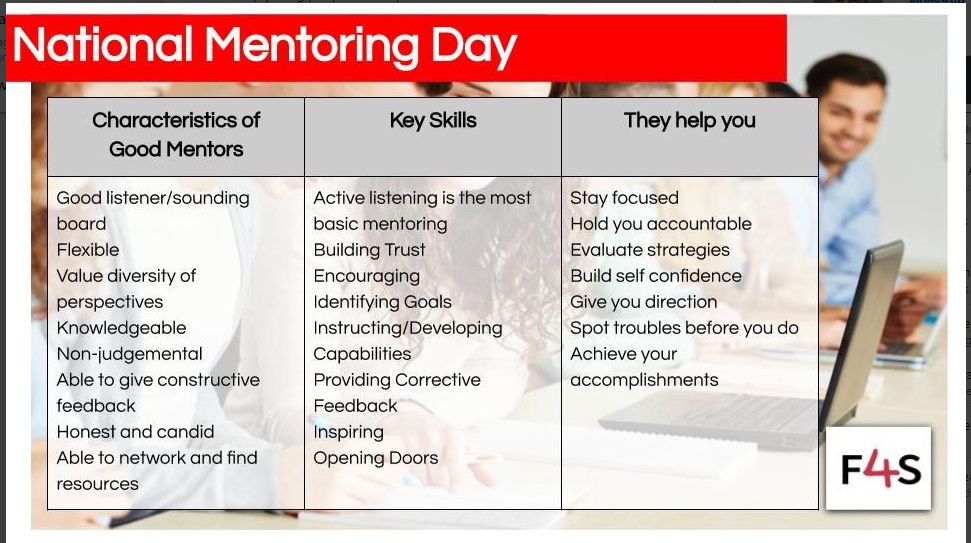Here I share my top twelve book list read during 2021:
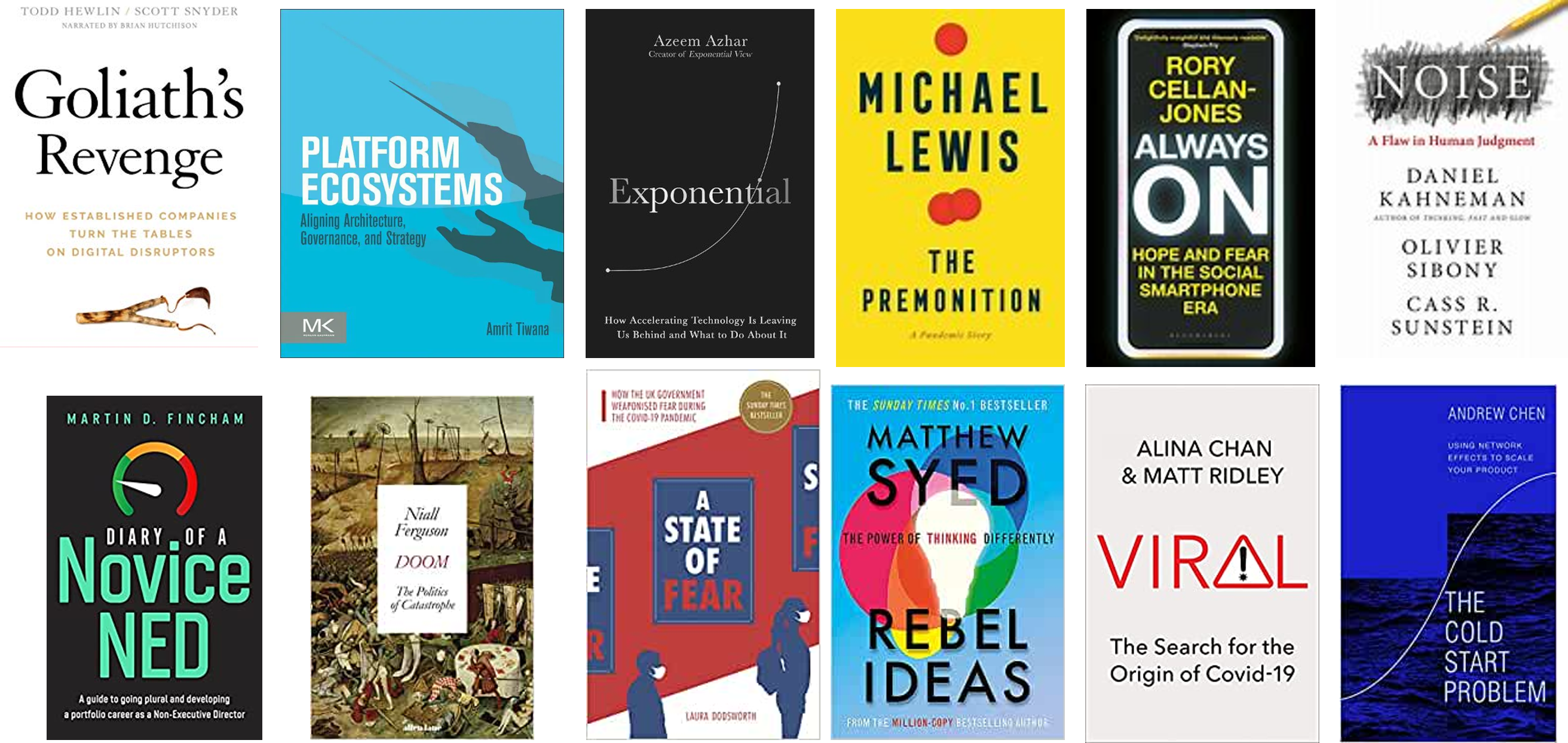
1. Goliath’s Revenge: How Established Companies turn the tables on Digital Disruptors
– Todd Hewlin
2. Platform Ecosystems: Aligning Architecture, Governance and Strategy
– Amrit, Tiwana
3. Exponential: How to Bridge the Gap between Technology and Society
– Azeem Azhar
Whilst on virtual work experience Angus MacKenna, Year 12 student from The Leys School, Cambridge chose to research his topic of passion, being SPACE.

Space travel has existed for over 60 years now, and as we develop more efficient and enhanced technology, our capabilities grow. What started off as a concept has now become an accepted reality. However, the next step of affordable commercial space travel is still a long way away, with the spare seat on Jeff Bezos’ ‘Blue Origin’ having gone for $28 million, a price very few can pay. Yet, if it were affordable, would it be acceptable in its current state?
Covid-19 has had a significant impact on multiple aspects of everyday life. Nayat Menon, a Yr 11 student from Saint Olave’s Grammar School, chose to explore the changes to these various aspects and the influence they will have on us even post-pandemic.
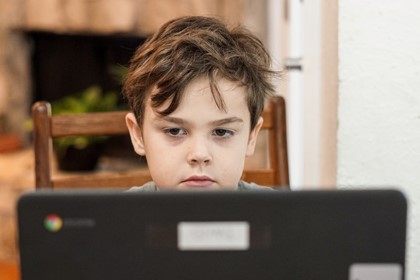
23rd March 2020 will be etched in history books as the day the UK put its shutters down after the Prime Minister announced a national lockdown. Nearly everyone believed that the restrictions would last just a few weeks and then we would be back to our normal lives. Little did we know, this was not going to be the case. Over a year later, Covid-19 continues to be prevalent as a global pandemic, which has likely impacted every human being in some way or another.
During the Delta2020 work experience program, Year 11 student Adithya Arun from Comberton Village College explored how bananas can be used for batteries and the furnishing for the interiors of cars, and how wind turbines can be used as the main source of energy to power cars instead of charging them at charging stations, along with some other methods of generating electricity.
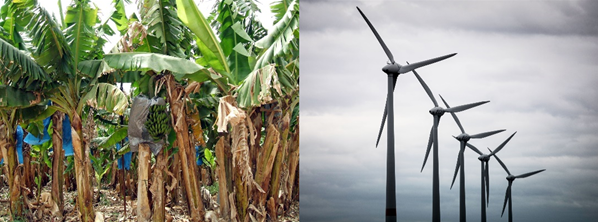
The whole world is talking about electric cars being the cars of the future, but there are two major problems. Range, and battery disposal. These two problems can both be solved by using just two of the great things that nature provides us with. I’m talking about bananas and wind.
Technology in medicine is constantly evolving, and the revolutionary tech of 3D printing has caught Amelie Martin’s interest, a Year 11 student from Comberton Village College, whilst on her virtual work experience placement.
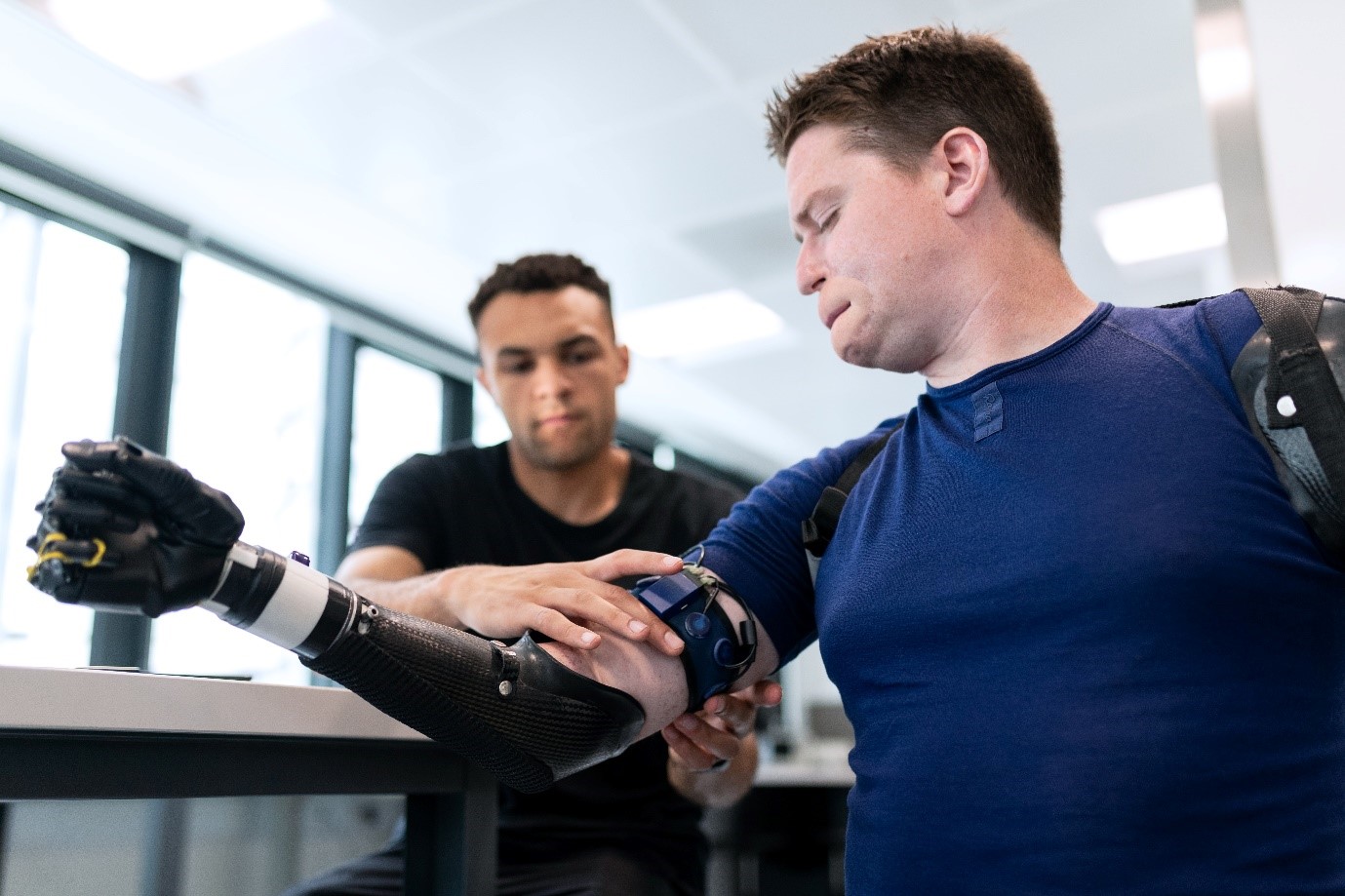
Today, our conventional manufacturing technologies are too expensive, inflexible and slow for medical applications and aren’t compatible with biological materials.
3D printing is set to revolutionise the industry, bringing fast, customisable, and cost-effective manufacturing into medicine, and has already been predicted to be worth £2.5 billion by 2025.
Over the last decade Delta2020 has supported the local Schools by offering Work Experience Placements during the Summer months primarily for Year11 Students who have shown an interest in the STEM subjects.
Due to COVID implications last year, the program was moved online and held virtually.
This offered a new dynamic to the program and enabled it to be extended to students further afield.

Delta2020 is keen to run its signature program again and offer the opportunity to Year 11 students nationwide for one week in July.
(limited availability).
Date and Duration
w/c 5th July 2021 (Mon-Fri 9:30am start, between 5-7hrs p/day).
The program would suit students who have a keen interest in the STEM subjects at School:
- Science
- Technology
- Engineering
- Maths
In 2020 the COVID pandemic changed the world’s behaviour causing significant disruption to many aspects of life that we mistakenly took for granted.
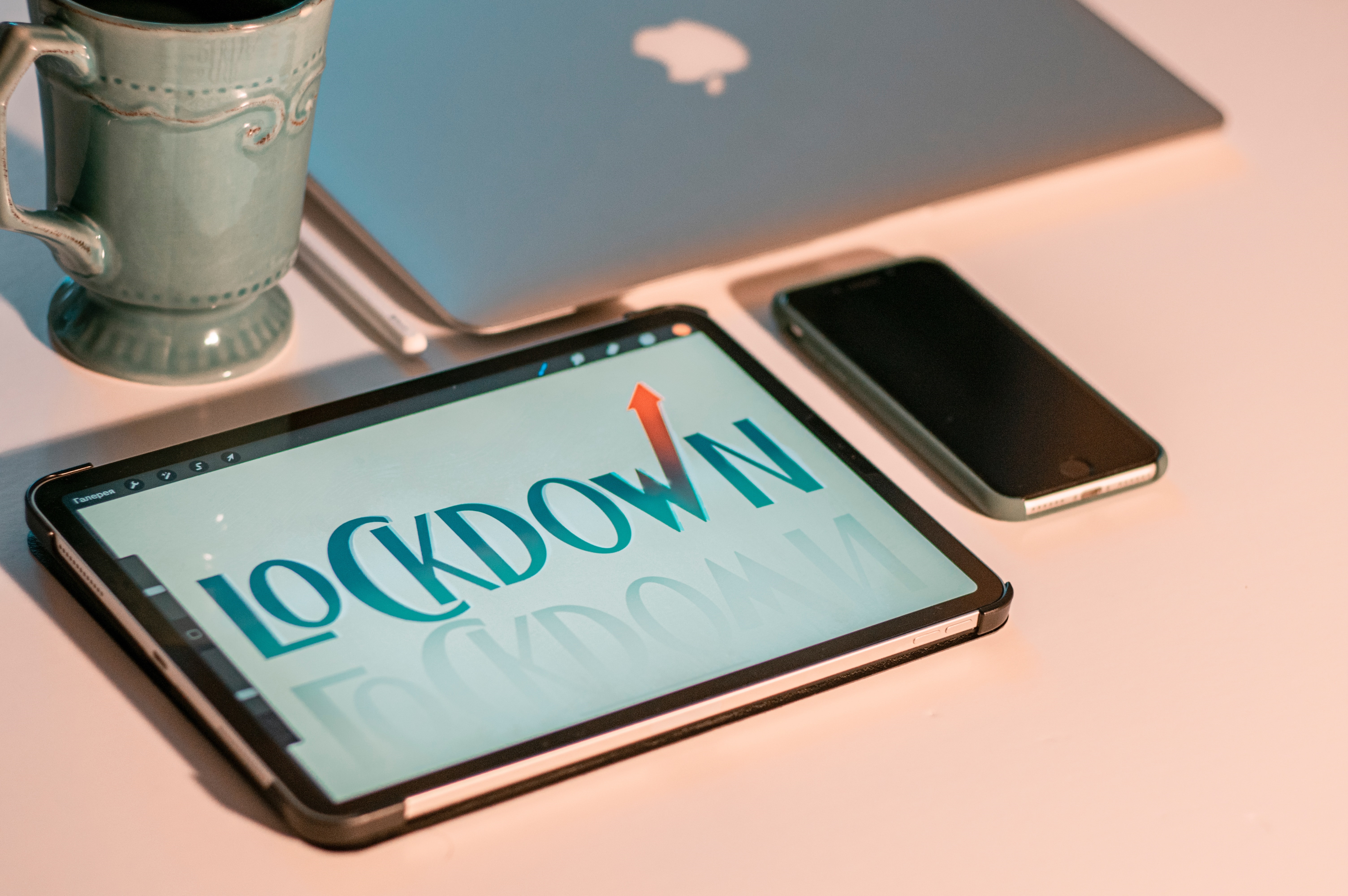
The “global tech food chain” was significantly disrupted and national Governments have been forced to understand the need for greater national resilience. The adoption of new technologies accelerated rapidly led by healthcare, education and ecommerce.
Excellent pithy piece on building (or maintaining) a positive culture in your company when remote or virtual working.
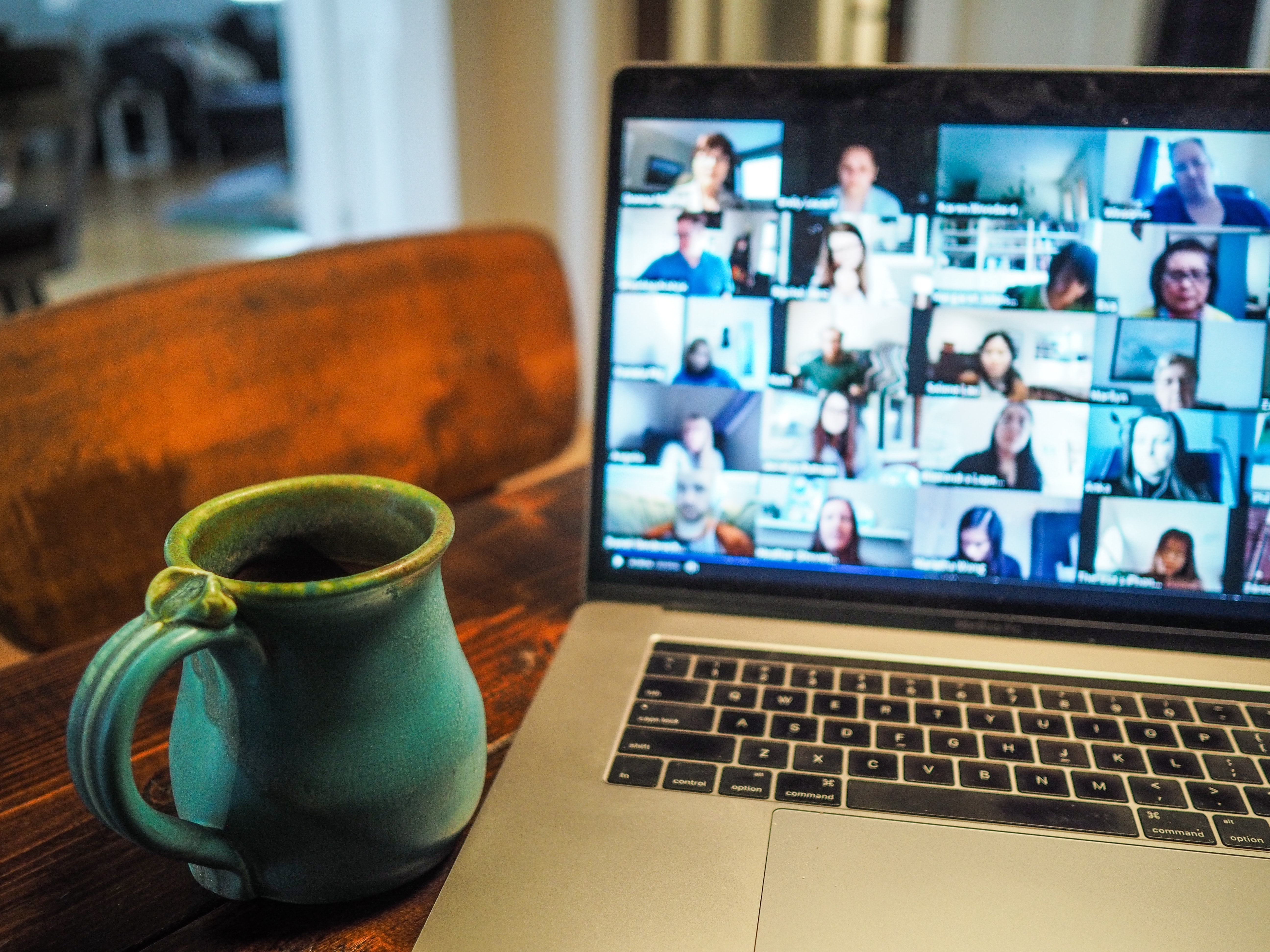
Here we share Founders4Schools recent LinkedIn post to support National Mentoring Day.
Click on the image to find out more:
Whilst on virtual work experience Yr 11 student Harry Dong from the Bishops Stortford College explored the explosive growth of Esports accelerated by the Covid-19 pandemic.
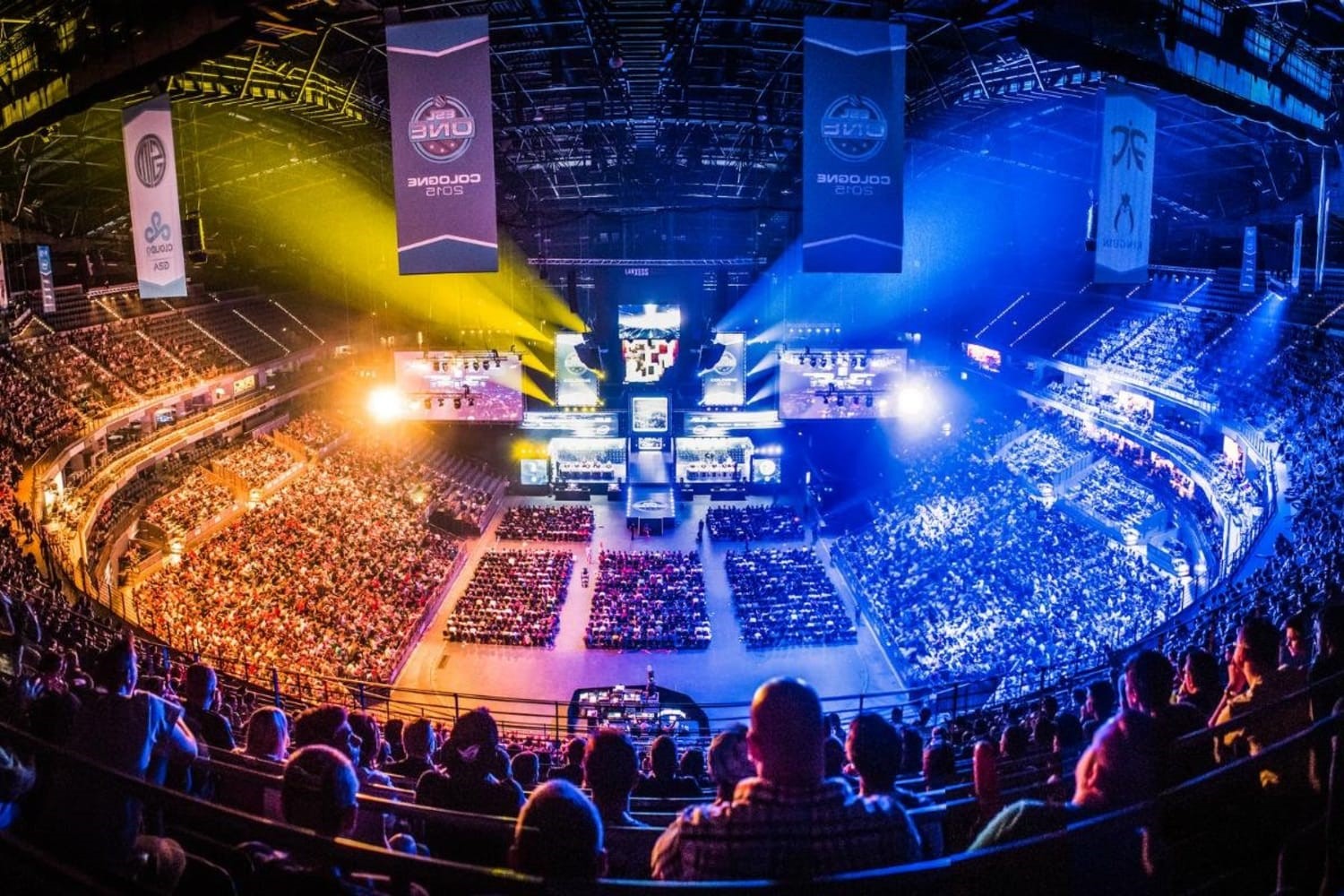
What is Esports?
Esports, also known as Electronic Sports, is a new-born competitive sport using video games. Esports often consists of organised events or tournaments where professional players face off in the same game individually or as teams. Even though video games have been around since the 1980s, the idea of Esports did not come along until mid-2000s. In the 21st century Esports has been gaining incredible popularity especially among teenagers and young adults through livestreaming on platforms like Twitch and YouTube. We have seen the participation of large companies and organisations; their professional teams and their sponsorships have pushed tournament prize pools and revenues to new heights. By 2010s Esports has developed into one of the largest factors in the video game industry or even the whole entertainment industry, becoming an international phenomenon.
The Corona pandemic will impact every industry. Whilst most have been hit negatively; there are however some that will benefit or actually be 'born' through this adversity. Therefore, Lucas Griffiths Yr11 student from Malmesbury School, Wiltshire decided to research an alternative option to the traditional Summer Holiday!
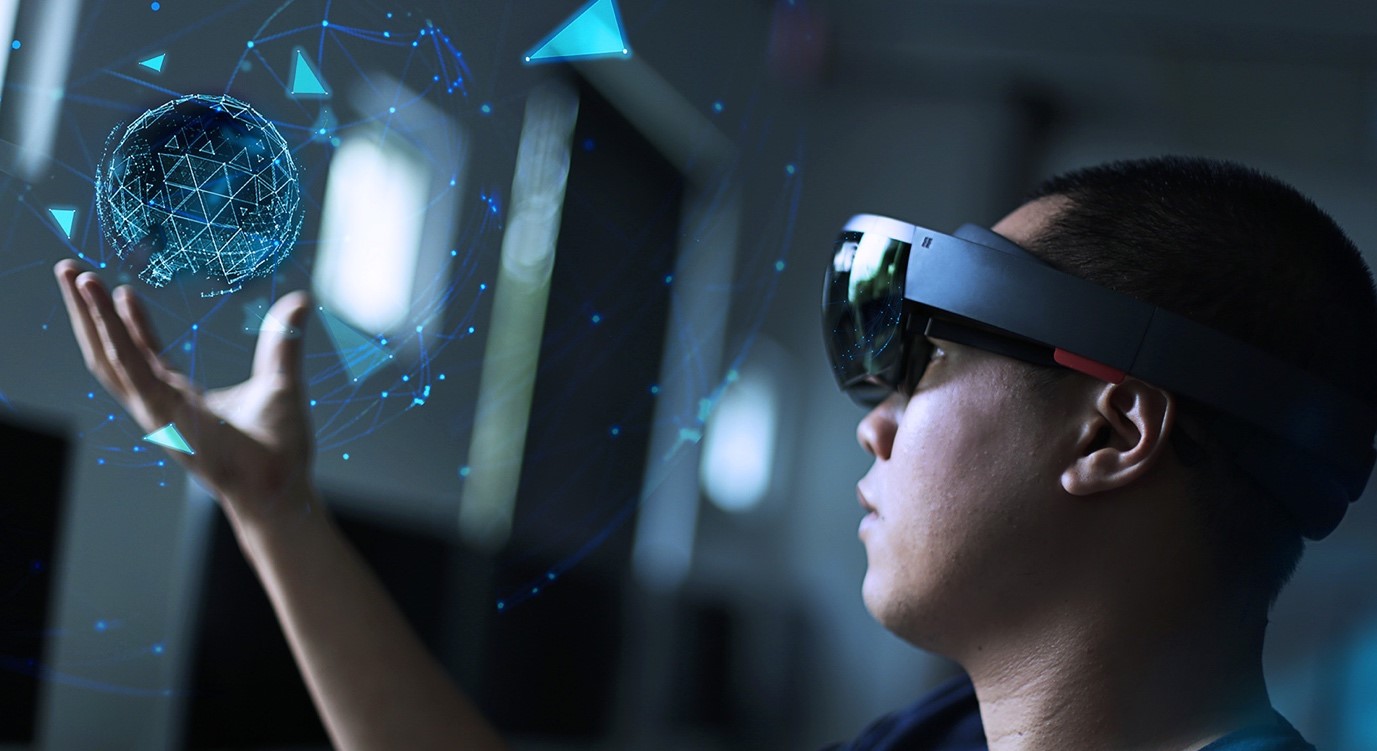
To begin, what is Virtual Tourism?
In brief, it’s a way for someone to travel somewhere with the aid of technology, all without having to take a single step. It comes in a multitude of forms, ranging from something as simple as a guided tour on YouTube, to a fully immersive state-of-the-art virtual reality setup. Virtual tourism refers to a broad spectrum of digitally augmented realities, but the most commonly used devices are computers and VR headsets.
Safety has always been a concern with lithium ion batteries. Recent news articles published highlight a positive shift away from this technology which piqued an interest whilst on 'virtual' work experience for Patti Mussard, Yr 11 student from The Bishops Stortford College to research further.

In recent years, the primary focus of many car manufacturers has been in developing electric vehicles, powered by rechargeable batteries, as a greener alternative to fuel-powered cars. Just recently, the well-known electric vehicle company Tesla became the world’s most valuable car firm, although, some people are still hesitant about making the switch to electric, as they are concerned about how often they will have to charge and change the battery, how much time it will take, and how much it will cost them. However, with the latest developments in battery tech showing the possibility of a newer, safer, and longer lasting battery, we may be looking at the start of a new generation of electric cars.
